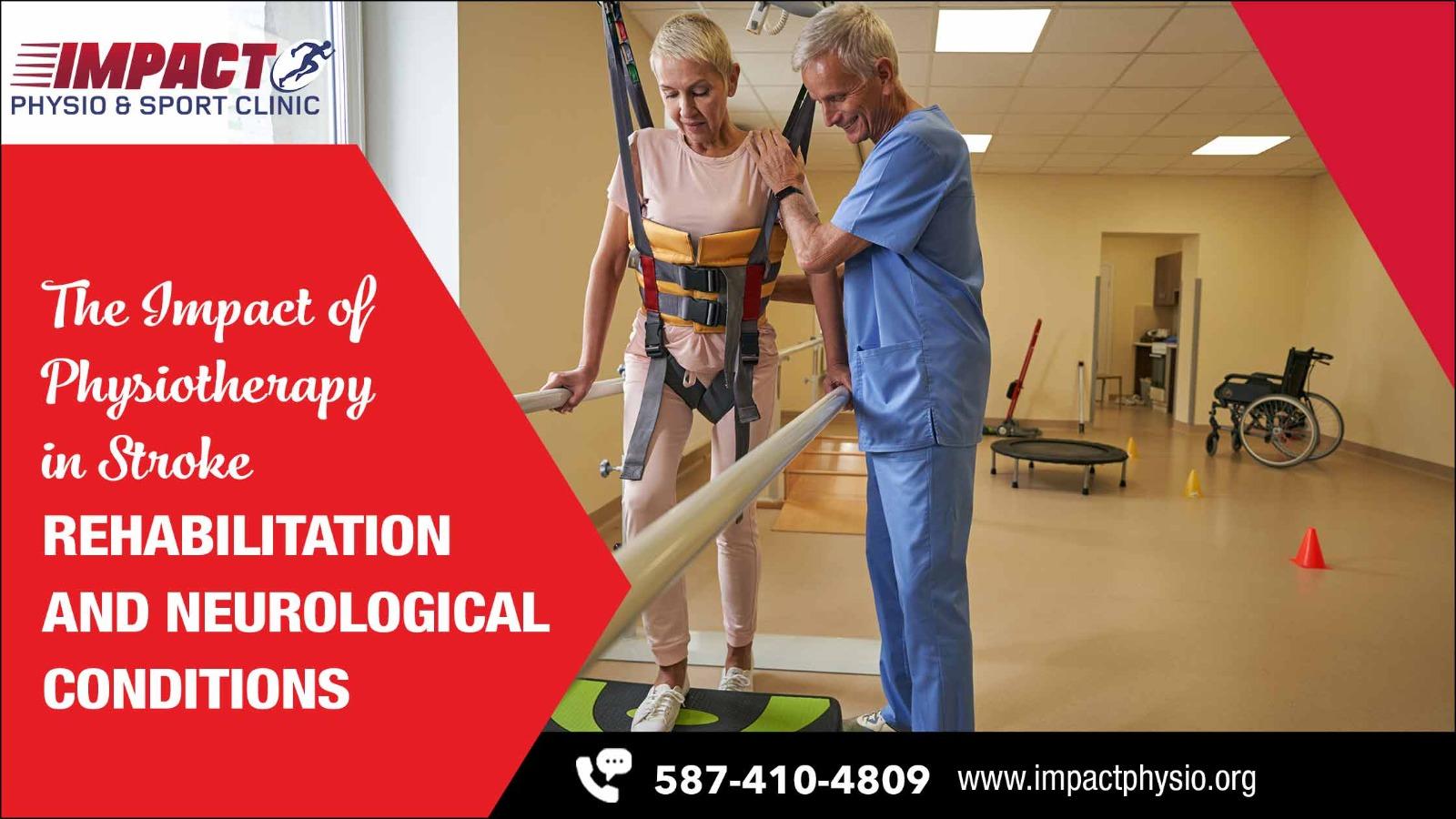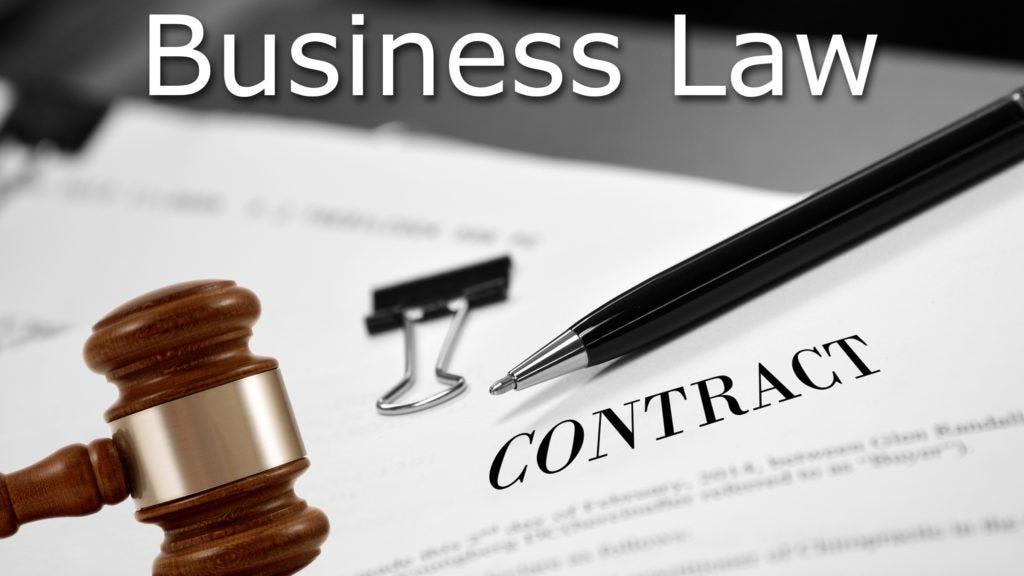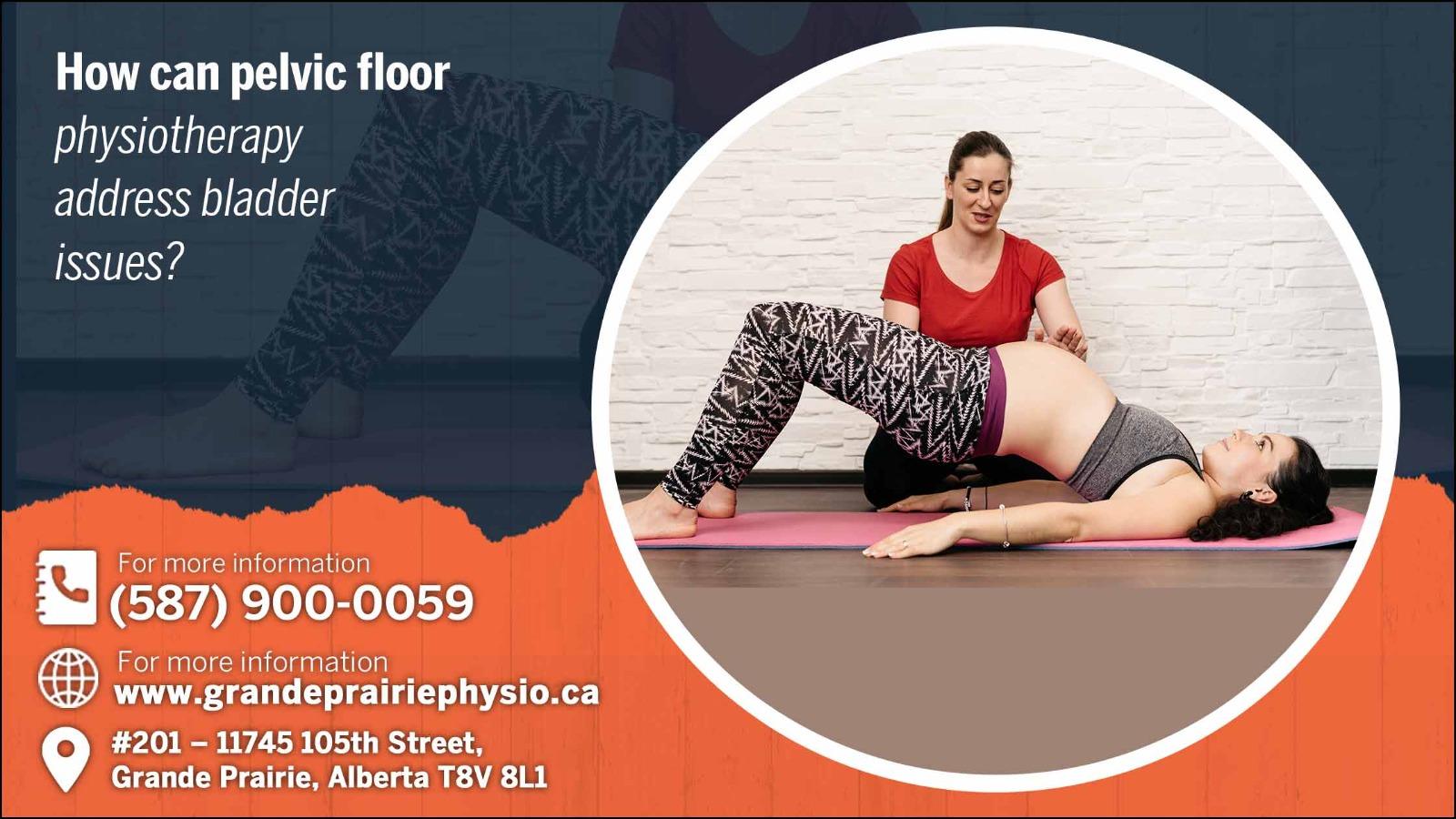
For years, physiotherapy has been a crucial component of comprehensive healthcare. A field committed to fostering the health and well-being of individuals through physical intervention, advice, and empowerment, physiotherapy's importance is undeniable. Beaumont is home to Impact Physiotherapy Clinic, which has been reliable in rehabilitative healthcare. We aim to unpack the crucial role of physiotherapy in stroke rehabilitation and managing neurological conditions.
Impact of Physiotherapy on Stroke Rehabilitation
Stroke, a significant health concern globally, often leaves survivors with cognitive and physical impairment. The importance of physiotherapy in stroke rehabilitation, assisting patients to regain function, independence, and an enhanced quality of life, cannot be emphasized more.
Post-stroke physiotherapy treatment plans are tailored to each individual's needs, focusing on improving motor skills, strength, balance, and coordination. Often, stroke victims experience muscle weakness or paralysis on one side of the body. Physiotherapy, using exercises and movements, can gradually help patients regain control and strength in their muscles.
A Detailed Look At How Physiotherapy Contributes To Stroke Rehabilitation
Improving Physical Strength and Mobility: After a stroke, patients may experience hemiparesis or hemiplegia - weakness or paralysis on one side of the body. Physiotherapy includes exercises designed to improve muscle strength, coordination, and range of motion, crucial in regaining mobility.
Enhancing Balance and Coordination: A stroke can disrupt the brain's ability to regulate balance and coordination. Physiotherapists use specific exercises and training programs to help patients improve their balance, decrease their risk of falls, and increase their ability to perform daily activities independently.
Promoting Neuroplasticity: A key aspect of physiotherapy is the promotion of neuroplasticity—the brain's ability to form and reorganize synaptic connections, especially in response to learning or experiencing new things. After a stroke, physiotherapy can stimulate neuroplasticity, helping the brain forge new connections to compensate for the damaged areas.
Facilitating Motor Skills Relearning: Patients often need to relearn basic motor skills, including walking or grasping objects after a stroke. This is achieved through motor learning strategies, which involve practicing skills, receiving feedback, and gradually increasing the difficulty of tasks.
Managing Spasticity: Stroke can lead to spasticity, an abnormal increase in muscle tone leading to stiffness, and restricted movement. Physiotherapists use a combination of techniques such as stretching, strengthening, and sometimes specialized equipment to manage spasticity.
Encouraging Self-care and Independence: The ultimate goal of physiotherapy is to enable stroke survivors to regain as much independence as possible. This involves teaching patients and their caregiver's techniques for self-care, including transfers (such as moving from a wheelchair to a bed), walking, and performing daily activities like dressing, eating, and bathing.
Improving Quality of Life: By addressing physical impairments and promoting independence, physiotherapy significantly contributes to enhancing a patient's overall quality of life post-stroke.
Physiotherapy and Neurological Conditions
Beyond stroke rehabilitation, physiotherapy has a profound impact on managing various neurological conditions such as Parkinson's disease, multiple sclerosis, and traumatic brain injuries. Physiotherapy ensures patients receive personalized treatment plans catering to their specific neurological condition.
Parkinson's disease, characterized by motor system disorders, can benefit significantly from physiotherapy. Therapists work with patients to improve gait, balance, and motor function through various exercises designed to slow the progression of the disease.
For patients with multiple sclerosis, physiotherapy can help manage symptoms such as fatigue, difficulty walking, and muscle weakness. Regular physiotherapy sessions can enhance muscle strength, mobility, and overall endurance.
In traumatic brain injuries, physiotherapy plays a pivotal role in the recovery process. The combination of stretching, strengthening, and balancing exercises can help patients regain lost skills and function.
Physiotherapy and Lifestyle Modifications
For optimal recovery and management of neurological conditions, lifestyle modifications are necessary. Simple changes such as regular physical activity, incorporating a balanced diet, and ensuring adequate rest can significantly enhance the effectiveness of physiotherapy.
Physiotherapy and Mental Health
While often overlooked, the link between physical and mental health is profound, and physiotherapy plays a role in bridging this gap. Following a stroke or dealing with a neurological condition, patients often grapple with anxiety, depression, and decreased self-esteem. Physiotherapy understands the intertwining of these realms and aims to provide holistic care.
Physiotherapy sessions not only cater to physical needs but also offer emotional support. Encouraging movement and physical activity has been shown to have positive effects on mental health, aiding in stress relief and the improvement of mood.
Conclusion
Physiotherapy, particularly in facilities like Impact Physiotherapy Beaumont, plays a significant role in stroke rehabilitation and managing neurological conditions. By offering customized treatment plans, fostering patient empowerment, and leveraging the power of neuroplasticity, physiotherapy can help individuals regain independence and enhance their quality of life.
Physio Beaumont is not just about rehabilitation—it's about empowering individuals to take control of their health, equipping them with the tools to lead an improved, healthier lifestyle. As we continue to provide reliable physiotherapy services, we are dedicated to our mission of transforming lives, one session at a time.
If you or a loved one requires rehabilitative care, don't hesitate to contact us. At Impact Physiotherapy Beaumont, we're ready to help you take the first step on your road to recovery.
Also read about:
Preventive Care and Physiotherapy Keeping Injuries at Bay
The Comprehensive World of Physiotherapy Restoring Well being
Shine On The Science and Art of Long lasting Paint Protection Solutions










